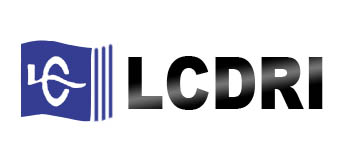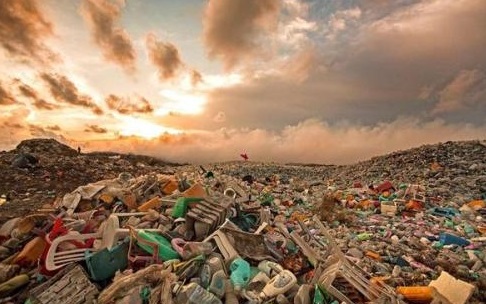Solid waste involves many industries and fields, covering industrial solid waste, agricultural and forestry waste, domestic waste, renewable resources, construction waste, hazardous waste, etc. China is a large solid waste producer in the world. The historical stockpile of solid waste has exceeded 60 billion tons, and the amount is increasing by about 10 billion tons per year.
Especially with the blowout development of online shopping and e-commerce, a large number of disposable packaging materials such as plastics, papers, and fillers have increased sharply, which has brought tremendous pressure to the urban and rural environment.
Solid waste pollution has become a hot spot and focus of public concern, social concern, and government attention.
Compared with foreign countries, the level of solid waste utilization in China is still not high. In many cities, “garbage siege”, “white pollution”, solid waste “going up to the mountains and going to the countryside”, and illegal transfer and disposal of solid waste are still prominent. The end treatment model of “feet pain, medical treatment of the foot” urgently needs to identify the problem, grasp the crux, and research and propose a comprehensive solution.
At present, in the context of the national policy of “two prohibitions and one point to promote’no waste'”, that is, prohibiting foreign waste from entering, banning disposable plastics, promoting garbage classification and building a “waste-free city”, the prevention and control of solid waste pollution is facing new challenges. specialty:
One is the shift from importing solid waste and domestic recycling to focusing on domestic comprehensive utilization. The reform of the national solid waste import management system will accelerate the transformation of the comprehensive utilization of domestic resources.
The second is the transition from pollution end treatment to a full-process modern governance system, and the full-process governance model for source prevention and control, clean production and recycling will continue to be strengthened.
The third is the shift from simple recycling of a single industry to the coupled development of related industries, and the trend of collaborative development among enterprises, industries, and the whole society is becoming more and more obvious; the fourth is the transformation from traditional disposal models to new business models, such as Internet + recycling, green packaging, Wisdom and environmental protection.



